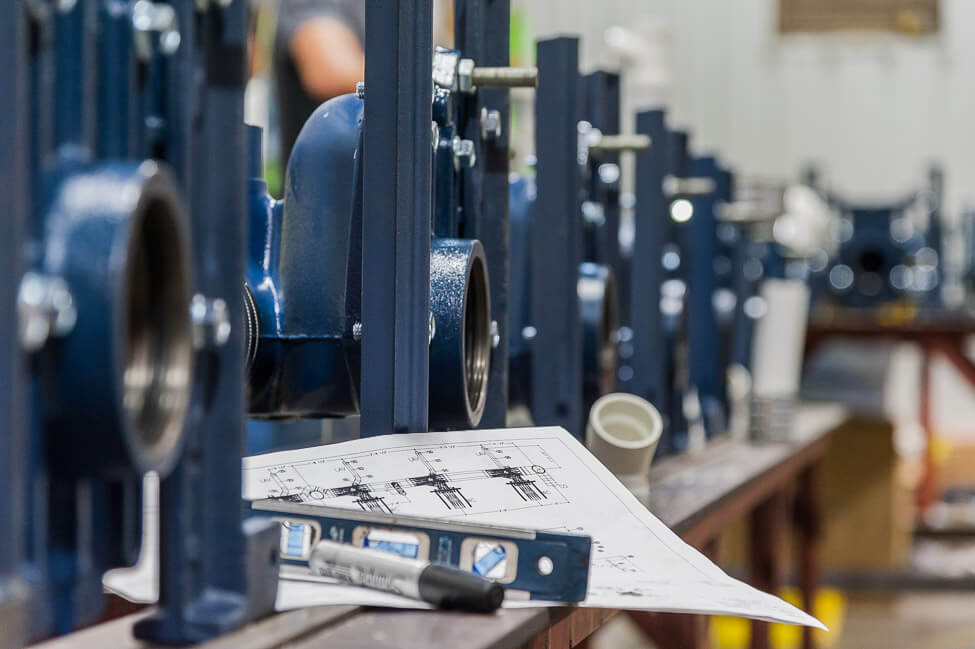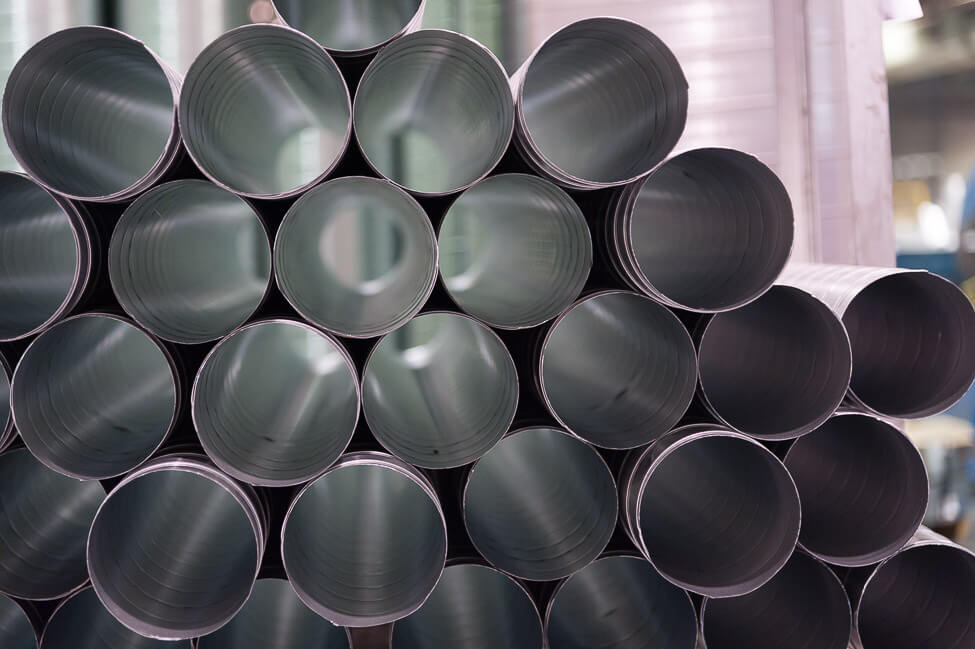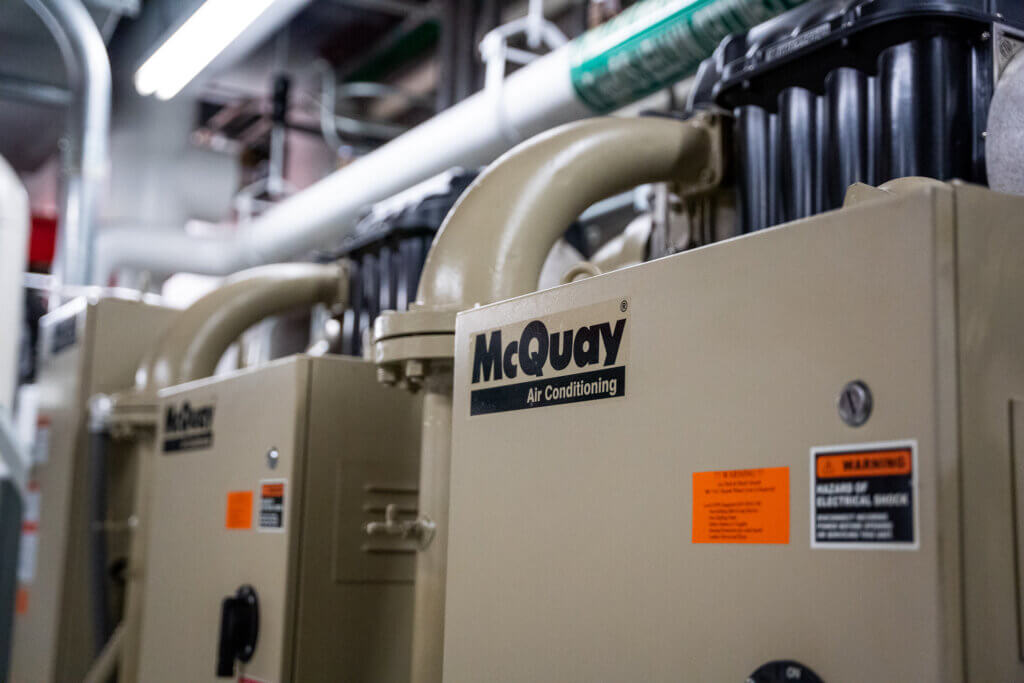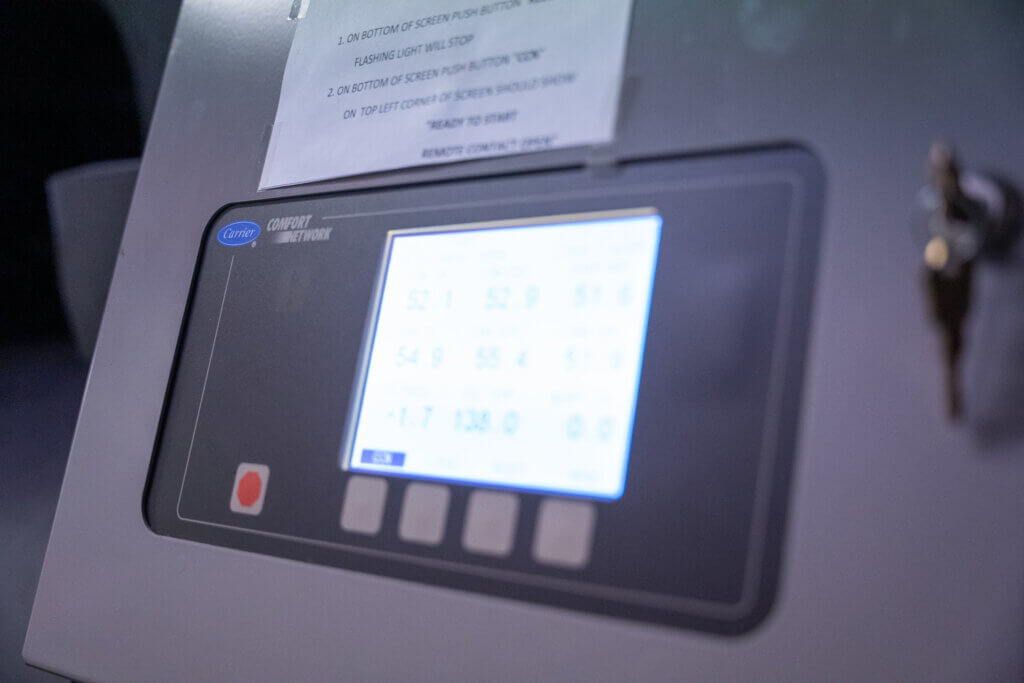
Keeping a facility operating around the clock is a huge job. The building’s mechanical systems are the true work horses that keep vital operations going. They provide a safe environment that keeps building occupants comfortable, regulates indoor air quality, provides necessary ventilation, and controls indoor humidity.
When designing a new facility, building information modeling (BIM) can assist with strategies to achieve productive, energy efficient operations. In existing buildings, the goal is to manage and maintain mechanical systems so they perform at optimum levels. Aging systems often bring unique challenges. Systems with device and sensor issues can result in too much variance in the comfort of occupants and increased energy costs to run.
HVAC systems
Heating, ventilation, and air conditioning systems (HVAC) maintain good indoor air quality through proper ventilation filtration. Airborne particles including dust, pollen, mold spores, animal dander, pesticides, and infectious bacteria and viruses can be eliminated from the indoor environment through filtration systems. HEPA filters are effective in trapping these tiny particles and removing them from the air.
Air leakage from ducts and air handling units can cause significant indoor air quality problems when airflow is allowed to mix between indoors and outdoors. Air ducts should be sealed to prevent HVAC air leakage.
Humidity control is essential in preventing the growth of mold. Exposure to mold spores can irritate the eyes, nose, throat, lungs, and skin. Mold can cause allergy symptoms such as sneezing, runny nose, watery eyes, coughing, wheezing, fatigue, and headaches. Certain types of molds produce toxins that can cause more serious illness. People at higher risk for illnesses caused by mold include children, the elderly, immune compromised individuals, and those with respiratory conditions like allergies, asthma, chronic bronchitis, and emphysema.
Mold remediation can be costly. The following are some tips to help prevent mold:
- Determine the source of leaks and repair them in a timely manner.
- Keep HVAC system drain pans and drains clean and unobstructed.
- Perform regular HVAC inspections and maintenance.
- Watch for condensation and wet spots.
- Maintain low indoor relative humidity, ideally 30-50%.
Control systems
HVAC controls include thermostats, fan, dampeners, CO2 sensors, carbon monoxide detectors, and humidifiers or dehumidifiers. For optimal energy savings, all thermostats should be programmed to anticipate building occupancy as well as time of day, week, and year. CO2 sensors detect CO2 levels in the building and allow fresh air into the building when needed. Humidifiers and dehumidifiers detect moisture levels and allow for fans and blowers to circulate the air. All components of the system work together to provide a comfortable and safe environment.
McKenney’s can help.
Trust your mechanical systems to McKenney’s. We enable facilities managers to keep their mechanical systems operating at peak performance through comprehensive analysis, planning, and proper execution. Benefits to your facility include lower operational costs, higher occupant comfort and safety, reduced downtime, and increased asset value. McKenney’s can help protect your bottom line and maximize the value of your investment. Contact us today to get started.








